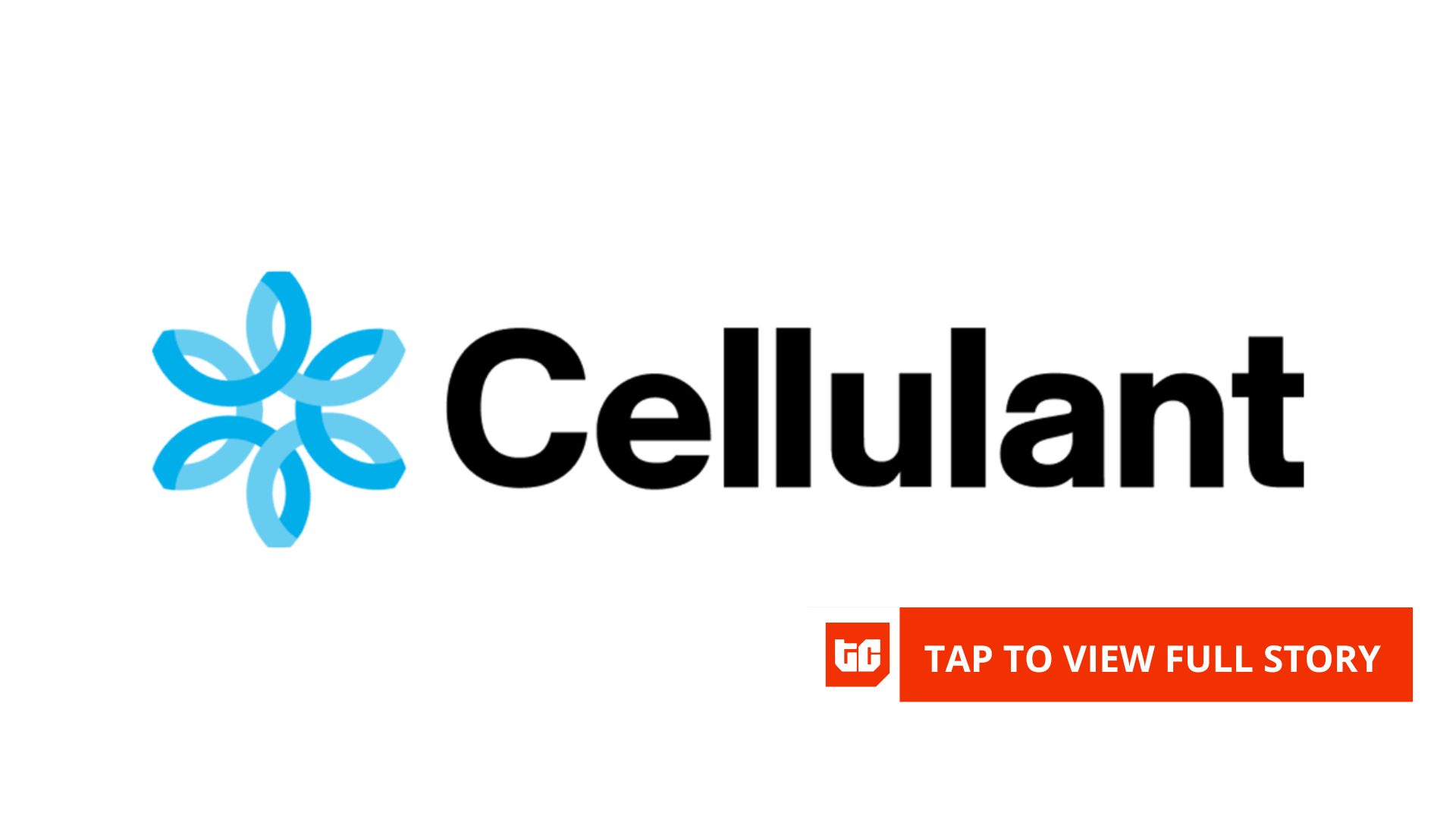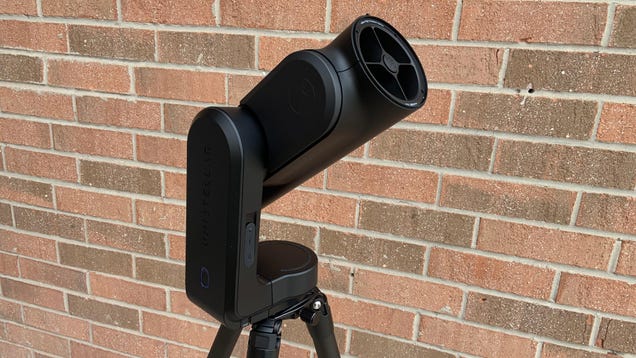This is today’s edition of The Download, our weekday newsletter that provides a daily dose of what’s going on in the world of technology.
Andrew Ng’s new model lets you play around with solar geoengineering to see what would happen
AI pioneer Andrew Ng has released a simple online tool that allows anyone to tinker with the dials of a solar geoengineering model, exploring what might happen if nations attempt to counteract climate change by spraying reflective particles into the atmosphere.
The concept of solar geoengineering was born from the realization that the planet has cooled after massive volcanic eruptions. But critics fear that deliberately releasing such materials could harm certain regions of the world, discourage efforts to cut greenhouse-gas emissions, or spark conflicts between nations, among other bad outcomes.
The goal of Ng’s emulator, called Planet Parasol, is to invite more people to think about solar geoengineering, explore the potential trade-offs involved in such interventions, and use the results to discuss and debate our options for climate action. Read the full story.
—James Temple
AI could be a game changer for people with disabilities
It’s normal, and maybe even wise, to view emerging technologies with skepticism. That’s especially true as most new things are built for the majority of people—which is to say people without disabilities.
However, there are exceptions to the rule. A prime example is the iPhone, which had a relatively large screen and a touch-based UI. And now, it seems AI could make these kinds of jumps in accessibility even more common across a wider range of technologies. Read the full story.
—Steven Aquino
This piece is from the next print issue of MIT Technology Review, which lands on Wednesday August 28. It’s dedicated to celebrating 125 years of the magazine and promises to be a great read. If you don’t already, subscribe now to get your copy.
Tech that measures our brainwaves is 100 years old. How will we be using it 100 years from now?
It’s 100 years this week since EEG (electroencephalography) was first used to measure electrical activity in a person’s brain. The finding was revolutionary. It helped people understand that epilepsy was a neurological disorder as opposed to a personality trait, for one thing (yes, really).
The fundamentals of EEG have not changed much over the last century—scientists and doctors still put electrodes on people’s heads to try to work out what’s going on inside their brains. But we’ve been able to do a lot more with the information that’s collected, from learning how we think to diagnosing brain and hearing disorders. So what more might we be able to do 100 years from now? Read our story to find out.
—Jessica Hamzelou
This story is from The Checkup, our weekly newsletter all about the latest in health and biotech. Sign up to receive it in your inbox every Thursday.
The must-reads
I’ve combed the internet to find you today’s most fun/important/scary/fascinating stories about technology.
1 We aren’t ready for the creep of AI into our cameras
Capabilities embedded in the latest Google Pixel handset will further destroy our ability to believe what we see. (The Verge)
+ Is this really the direction we want to go in? (MIT Technology Review)
2 Kamala Harris’ campaign has joined Twitch
In a bid to keep attracting younger voters. (Wired $)
+ Meanwhile, Trump is launching some sort of crypto platform. (CNBC)
+ And people are having a lot of fun remixing JD Vance’s ‘Never Trump’ comment. (NYT $)
3 NASA is set to decide on Starliner’s return tomorrow
There’s a lot at stake, especially for the two astronauts it’s set to ferry back from the ISS. (Ars Technica)
4 Inside the crazy world of Palmer Luckey
Restless, controversial and clever, the tech billionaire is a difficult person to pin down. (Tablet)
5 There’s a new humanoid robot in town
Just one problem though: it doesn’t have legs (yet.) (IEEE Spectrum)
+ A new system lets robots sense human touch without artificial skin. (MIT Technology Review)
6 Can Ford wean America off its addiction to big cars?
It may be crucial to transitioning to electric vehicles, as heavier cars demand so much more of their batteries. (The Atlantic $)
+ Why bigger EVs aren’t always better. (MIT Technology Review)
7 Competition for copper is more intense than ever
Clean energy is pushing up demand, and people are stealing, fighting and even dying to meet it. (Wired $)
8 Bored? Scrolling on your phone might make it worse
Maybe we should all try to get better at tolerating the discomfort of boredom every now and then. (WP $)
+ A dubious trend for non-traditional pets is taking off on TikTok. (The Guardian)
9 Hydrogel can learn to play Pong
Researchers now plan to see what else it could do too—maybe even help control robots. (New Scientist $)
10 You can now cross-post from Instagram to Threads
Though watch out: content for one doesn’t always translate well to the other. (TechCrunch)
+ Instagram’s also adding a MySpace-esque ‘song on profile’ feature. (The Verge)
Quote of the day
“We chase the approval of strangers on our phones. We build all manner of walls and fences around ourselves and then wonder why we feel so alone.”
—Former US President Barack Obama offers his diagnosis of society’s ills to the Democratic National Convention, Politico reports.
The big story
This startup wants to find out if humans can have babies in space
Despite the burgeoning interest in deep space exploration and settlement, we still know very little about what happens to our reproductive biology when we’re in orbit. Scientists have started to speculate on whether in vitro fertilization technology is possible beyond Earth. That’s something SpaceBorn United, a biotech startup, is seeking to pioneer.
It plans to send a mini lab on a rocket into low Earth orbit, where in vitro fertilization, or IVF, will take place. If it succeeds, the company’s research could pave the way for future space settlements. Read the full story.
—Scott Solomon
We can still have nice things
A place for comfort, fun and distraction to brighten up your day. (Got any ideas? Drop me a line or tweet ’em at me.)
+ Metallica’s gig in Moscow in 1991 was one for the ages. You can watch the whole thing online too!
+ If you’ve been gripped by the need to do some summertime clearing out, here’s how minimalists do it.
+ Please resist taking a photo of your airport tray—you’re holding everyone up.
+ One of the most intense zombie video games has been given a makeover.
Note: This article have been indexed to our site. We do not claim legitimacy, ownership or copyright of any of the content above. To see the article at original source Click Here














